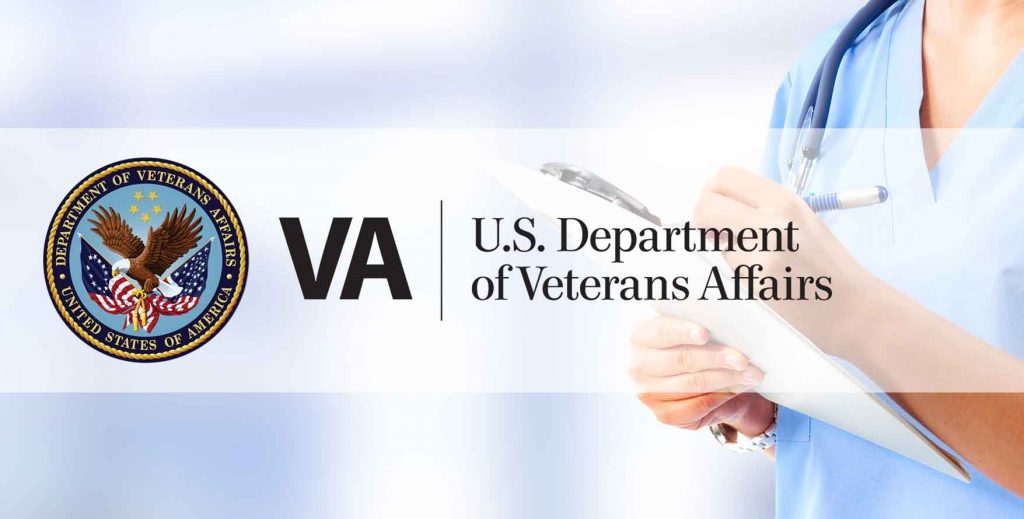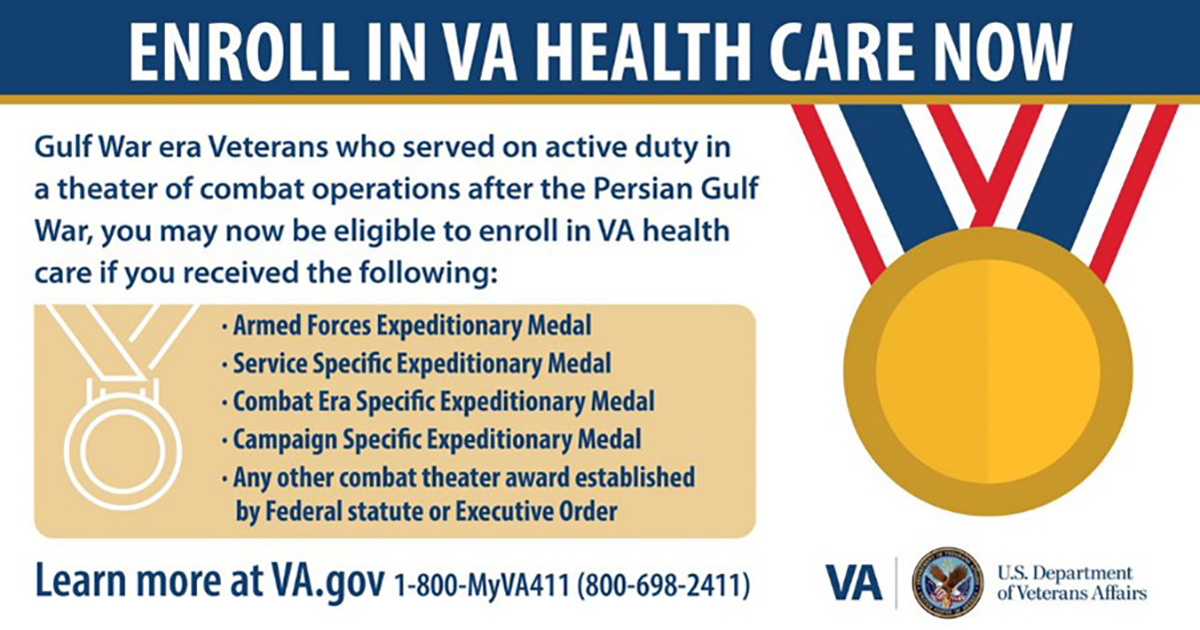Delve into the realm of VA health insurance, where the provision of healthcare for eligible individuals is paramount. This guide aims to shed light on the intricacies of VA health insurance, offering valuable insights and clarifications to aid in understanding the coverage and benefits it entails.
Overview of VA Health Insurance

VA health insurance, provided by the Department of Veterans Affairs, aims to ensure that veterans receive the necessary medical care and services they need. It offers a range of benefits and coverage to eligible individuals who have served in the military.
Purpose and Benefits of VA Health Insurance
VA health insurance helps veterans access quality healthcare services without worrying about high costs. It covers a wide range of medical treatments, preventive care, and mental health services to address the unique needs of veterans.
Eligibility for VA Health Insurance
- Veterans who served in the active military, naval, or air service and were not dishonorably discharged are typically eligible for VA health insurance.
- Surviving spouses, dependent children, and parents of deceased veterans may also qualify for certain VA health benefits.
Types of Health Services Covered
VA health insurance covers a variety of medical services, including:
- Primary care visits
- Specialty care consultations
- Prescription medications
- Mental health counseling
- Preventive care services
- Hospital stays and surgeries
Applying for VA Health Insurance
When applying for VA health insurance, veterans need to follow a specific process and provide the necessary documentation. Here's a detailed overview of how veterans can apply for VA health insurance:
Application Process
- Visit the official VA website or contact a VA representative to obtain the application form.
- Fill out the application form with accurate and up-to-date information.
- Submit the completed application form along with any required documentation, such as proof of military service and income verification.
- Wait for the application to be processed and reviewed by the VA.
- If approved, veterans will receive their VA health insurance coverage.
Required Documentation and Eligibility Criteria
- Documentation required may include proof of military service, discharge papers, social security number, and income verification.
- Eligibility criteria often include factors such as income level, military service history, and disability status.
- It's essential to provide all the necessary documentation and meet the eligibility criteria to qualify for VA health insurance.
Checking Eligibility Status
- Veterans can check their eligibility status for VA health insurance by visiting the VA website and using the eligibility tools provided.
- By entering relevant information and details, veterans can determine their eligibility status and proceed with the application process accordingly.
- It's crucial to confirm eligibility before applying to ensure a smooth and efficient application process.
Coverage and Benefits

VA health insurance provides coverage for a wide range of medical services to eligible veterans, ensuring they have access to the care they need. In addition to medical services, VA health insurance also offers various benefits and programs to support veterans in maintaining their health and well-being.
Below are the details of the coverage and benefits provided by VA health insurance:
Medical Services Covered
- Preventive care services, including screenings and vaccinations
- Primary care visits with healthcare providers
- Specialty care services, such as mental health, cardiology, and orthopedics
- Inpatient and outpatient hospital care
- Prescription medications
- Medical equipment and supplies
- Mental health counseling and treatment
- Rehabilitation services, including physical therapy
- Hospice and palliative care
Coverage Options
- Basic medical coverage for essential healthcare needs
- Specialized care for complex health conditions
- Long-term care services for chronic illnesses or disabilities
- Dental and vision care coverage for preventive and treatment services
- Emergency care services for urgent medical needs
Additional Benefits and Programs
- Prescription drug coverage through the VA pharmacy benefits program
- Transportation assistance for medical appointments
- Home health care services for eligible veterans
- Care coordination services to help manage healthcare needs
- Mental health and substance abuse treatment programs
- Support for caregivers of veterans through the VA caregiver support program
Cost and Expenses
When it comes to VA health insurance, understanding the costs and expenses involved is crucial for veterans. Let's break down the different financial aspects of VA health insurance.
Out-of-Pocket Expenses
Out-of-pocket expenses are costs that veterans may have to pay themselves, such as copayments, premiums, and deductibles. These expenses can vary depending on the specific VA health insurance plan that the veteran is enrolled in.
Copayments
Copayments are fixed amounts that veterans are required to pay for certain medical services or prescription medications. The amount of the copayment can differ based on the type of service or medication received.
Premiums
Premiums are regular payments that veterans make to maintain their VA health insurance coverage. The amount of the premium can vary depending on the veteran's income level and the specific VA health insurance plan chosen.
Deductibles
Deductibles are the amount of money that veterans must pay out of pocket before their VA health insurance coverage kicks in. Once the deductible is met, the insurance plan will start covering eligible medical expenses.
Network and Providers
When it comes to VA health insurance, accessing healthcare providers within the network is crucial for veterans to receive quality care and benefits. In-network providers have agreements with the VA to offer services at discounted rates, making it more cost-effective for veterans to seek treatment.
Finding Healthcare Providers
- Visit the VA website or contact your local VA facility to get a list of in-network providers in your area.
- Use the VA's online provider directory to search for specific doctors, specialists, or facilities.
- Ask your primary care provider for recommendations on in-network specialists or services.
Advantages of Using In-Network Providers
- Lower out-of-pocket costs for services received from in-network providers.
- Streamlined coordination of care between different providers within the network.
- Access to a wider range of specialists and services that are covered by VA health insurance.
Switching Providers or Requesting Referrals
- Contact your primary care provider to discuss switching to a different in-network provider if needed.
- If you require a referral to see a specialist, talk to your primary care provider who can help facilitate the process within the VA network.
- Ensure that any changes or referrals are approved by the VA to avoid unexpected costs or coverage issues.
Coverage Limitations and Exclusions
VA health insurance provides comprehensive coverage for a wide range of medical services and treatments. However, there are certain limitations and exclusions that veterans should be aware of to avoid unexpected costs or denials of coverage.
Non-Covered Treatments and Services
While VA health insurance offers extensive benefits, there are certain treatments and services that may not be covered. These include elective procedures, cosmetic surgeries, and experimental treatments that are not deemed medically necessary.
- Elective procedures such as plastic surgery for purely aesthetic purposes are typically not covered by VA health insurance.
- Cosmetic surgeries, such as facelifts or breast augmentation, are generally considered elective and are not included in the coverage.
- Experimental treatments or medications that have not been proven effective or approved by the VA may not be covered.
Appealing Coverage Decisions
If a veteran believes that a specific treatment or service should be covered by VA health insurance but has been denied coverage, they have the right to appeal the decision. Veterans can submit a formal appeal outlining the reasons why they believe the treatment is medically necessary and should be covered.
It is important for veterans to provide supporting documentation from healthcare providers to strengthen their appeal and increase the chances of a favorable decision.
Seeking Exceptions for Specific Medical Needs
In some cases, veterans may require treatments or services that are not typically covered by VA health insurance but are necessary for their specific medical needs. In such situations, veterans can request exceptions to the coverage limitations by working with their healthcare providers and submitting a formal request for consideration.
- Veterans should provide detailed medical records and documentation to support the need for the specific treatment or service.
- Consulting with VA healthcare providers can help veterans navigate the process of seeking exceptions and ensuring that their medical needs are met.
Last Point

In conclusion, VA health insurance serves as a vital resource for veterans, providing access to essential medical services and support. By familiarizing oneself with the nuances of VA health insurance, individuals can make informed decisions regarding their healthcare needs, ensuring comprehensive coverage and peace of mind.
Questions Often Asked
Who is eligible for VA health insurance?
VA health insurance is typically available to veterans, certain family members, and survivors of veterans.
What are the costs associated with VA health insurance?
VA health insurance often comes with low or no premiums for eligible individuals, along with minimal out-of-pocket expenses.
How can veterans check their eligibility status for VA health insurance?
Veterans can verify their eligibility for VA health insurance by contacting the nearest VA healthcare facility or visiting the official VA website for more information.
Are there any limitations or exclusions in VA health insurance coverage?
While VA health insurance covers a wide range of medical services, certain treatments or services may have limitations or exclusions based on specific circumstances.
How can veterans appeal coverage decisions for specific medical needs?
Veterans can appeal coverage decisions by following the Artikeld procedures provided by the VA, which may involve submitting additional documentation or seeking further clarification.














